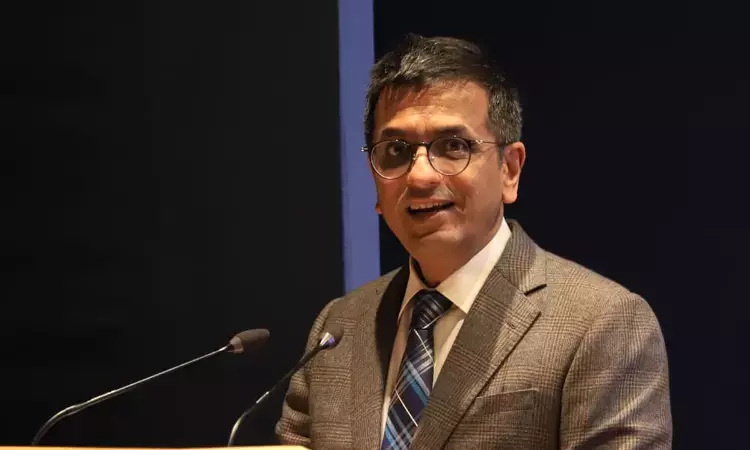Public Trust Crucial For Courts To Have Legitimacy & Authority : CJI DY Chandrachud
LIVELAW NEWS NETWORK
10 Oct 2024 11:41 AM IST

Next Story
10 Oct 2024 11:41 AM IST
In a public lecture delivered in Bhutan, Chief Justice of India Dr.DY Chandrachud explained how public trust is crucial for the Courts. Since the judges are not elected by the people and do not operate as per the popular mandate, public trust is essential for them to have credibility and legitimacy, CJI said. It is from the public trust that the Courts derive their moral authority.Delivering...
